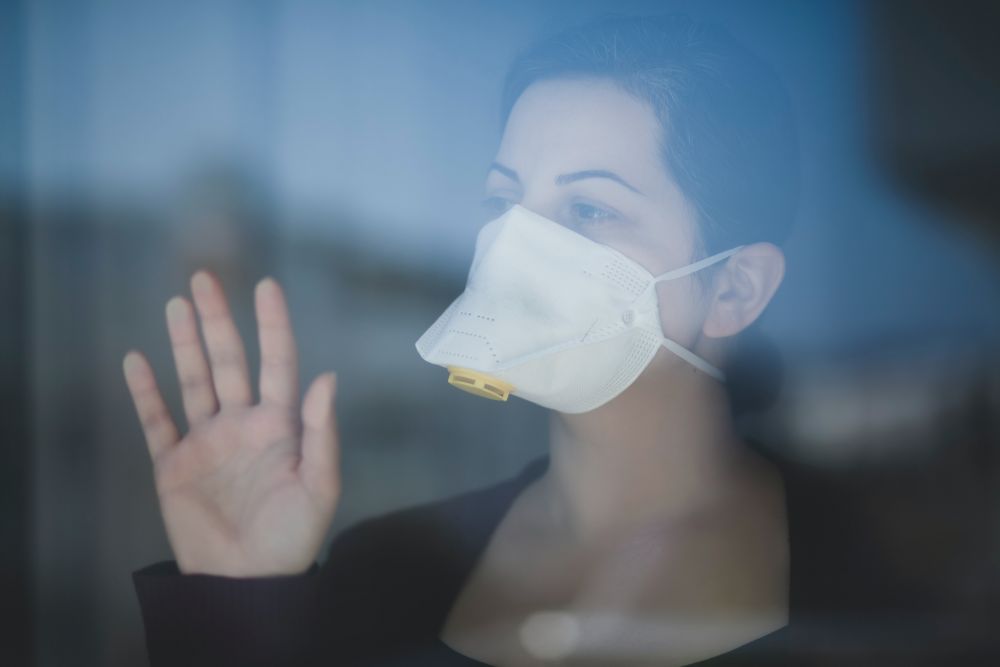
The Association for Research in Vision and Ophthalmology (ARVO), which was founded nearly 100 years ago, recently held its annual meeting in Denver, May 2022. At this meeting, two separate studies were shared: both exploring the effects of COVID-19's restrictions on people’s lived experience of Charles Bonnet syndrome (CBS).
It is known that disruption to social opportunities and various activities of life can have an adverse effect on a person living with CBS. Multiple lockdowns from a pandemic would therefore seem ripe conditions for many people's life quality to decline. Indeed, one study from the UK exploring the experiences of vision-impaired military veterans during the pandemic discovered that approximately half of the veterans had noticed a worsening of their CBS symptoms. This was, in part, attributed to an increased sense of loneliness. This seems an unsurprising finding.
Yet, at this very same ARVO meeting, another group of researchers from Canada found that 90.6% of their sample reported no change in the duration of their CBS since the onset of the pandemic. They also found that there were no significant differences in anxiety, social isolation or loneliness levels. In this Canadian study, their overall finding was that the social restrictions due to COVID-19 had not negatively affected their patients’ CBS experience.

(Image courtesy of Önder Örtel)
These contradictory findings are quite intriguing. It would appear to make sense that the dramatic effects of multiple lockdowns (eg. being unable to have direct contact with family members and friends, life activities becoming inaccessible) would have a harmful effect on people’s quality of life and in turn on their CBS. Yet the fact that one study has found that the COVID-19 restrictions had little, if any, effect on their patients’ CBS - let alone anxiety and loneliness levels - seems counter-intuitive.
However, the Canadian researchers from this 'no-effect' study conclude that the principal issue is not about psychosocial factors but rather an overactive brain (specifically, the visual region of the brain). So they view an internal factor (ie. overactive visual brain) as being far more important than the onset of a pandemic and its related social restrictions. In this sense, these differing results may reflect the seemingly unending debates about the degree to which biology versus environmental factors shape us as human beings.
Page 12 of 60